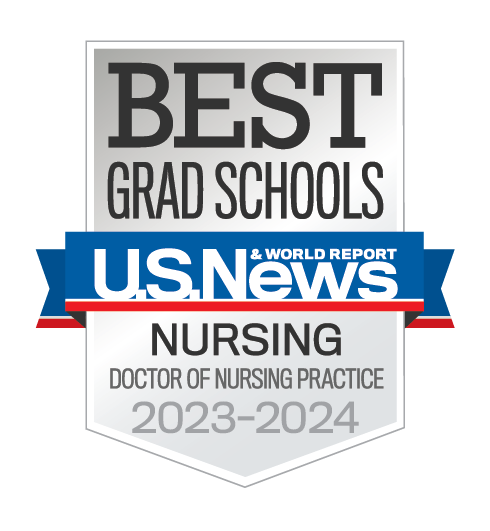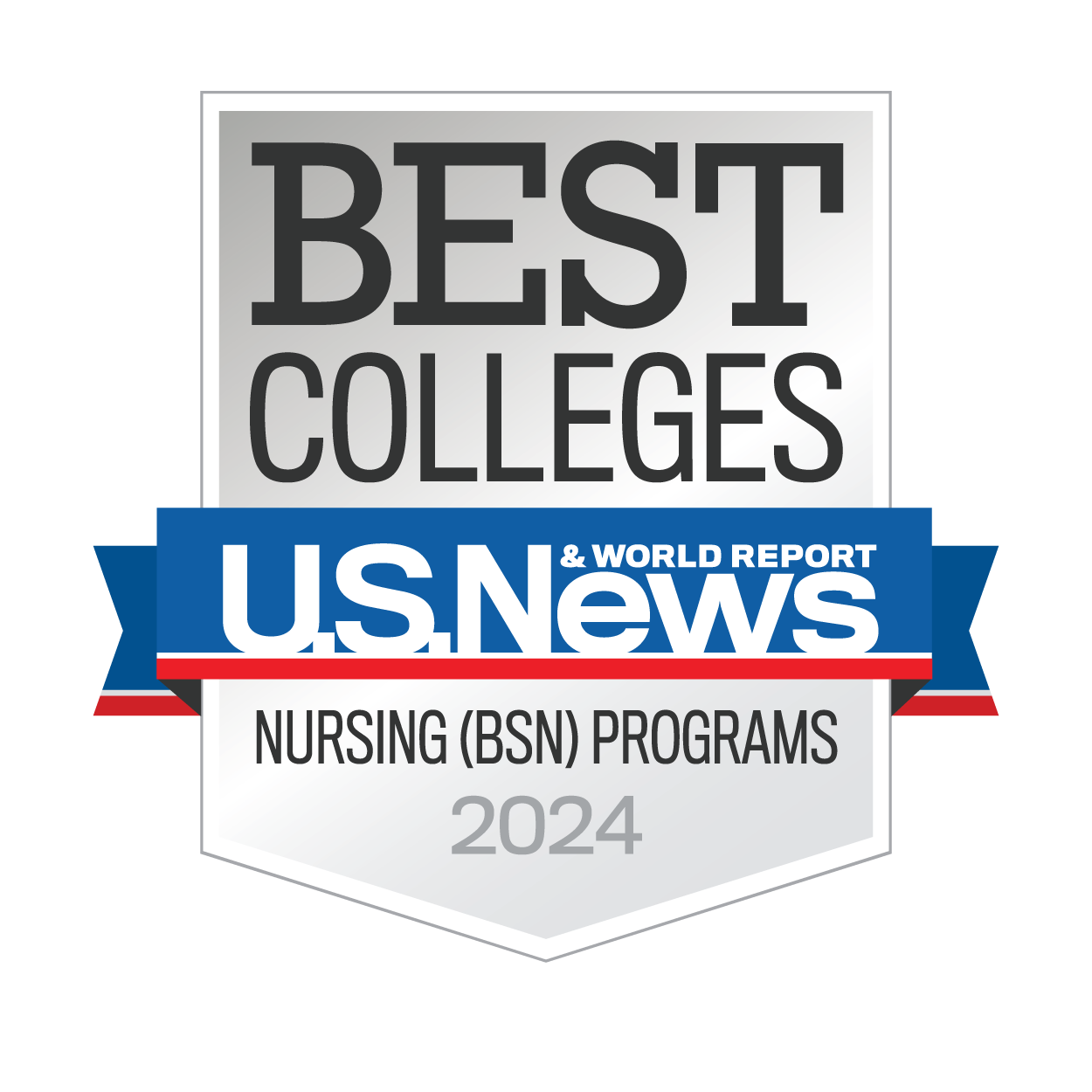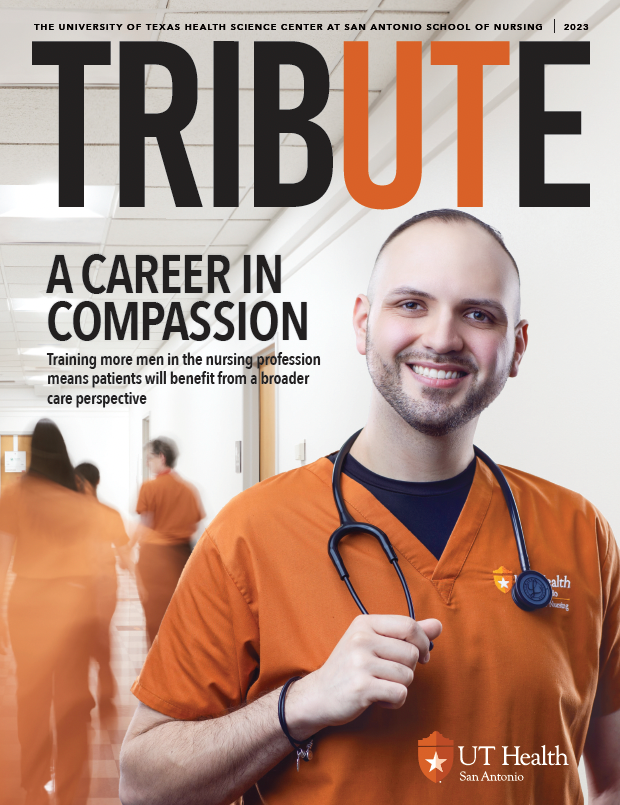Excellence in Education, Care and Research
Our programs prepare tomorrow’s nurse leaders. From pre-licensure degree options to graduate and post-degree certificates, our programs will help you pursue a wide range of career pathways in nursing from clinical care to research.

Undergraduate Programs
Nursing continues to outpace the average job growth for all occupations. With a BSN, registered nurses begin to access a wealth of opportunities to work in various settings and enter specialty care.

Doctoral Programs
Our graduate programs offer a range of leadership tracks and areas of emphasis to prepare nurses for growing demands in health care systems and clinical nursing practice, and the option to pursue a research-based Ph.D. in Nursing.


Doctor of Nursing Practice (Post-MSN DNP)
The Doctor of Nursing Practice (Post-MSN DNP) is a doctoral degree that prepares students for the highest level of nursing practice. This program is designed for students who hold a Master's degree in Nursing, and who have nursing specialty preparation at the graduate level. Applicants to the DNP program will choose from three different tracks: the Advanced Practice Leadership track, the Public Health track, or the Executive Administrative Management track.
Bachelor of Science in Nursing
Nursing continues to outpace the average job growth for all occupations. With a BSN, registered nurses begin to access a wealth of opportunities to work in various settings and enter specialty care. We offer both a traditional track and an accelerated track.
Quick Facts
Our School of Nursing integrates interdisciplinary learning, clinical and research experiences through our extensive network of community and global partnerships. Learn more about us.
Learn more about the Fellows of The American Academy of Nursing and the American Association of Nurse Practitioners Fellows.
7,300 sq. ft.
Society for Simulation in Healthcare Accredited Center for Simulation Innovation for training students and healthcare professionals
16
Fellows of The American Academy of Nursing
330+
Clinical affiliation agreements provide real-world experience for students
10
Global partnerships with universities around the world
Tribute Magazine
Tribute is the official magazine for the alumni and friends of the School of Nursing at The University of Texas Health Science Center at San Antonio. Read and share inspiring stories highlighting our alumni, faculty and students who are revolutionizing education, research, patient care and critical services in the communities they serve.

